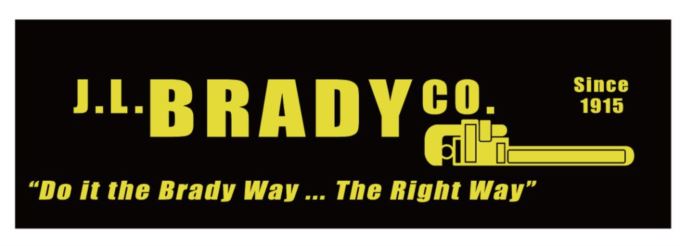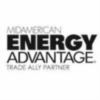
Did you perform a double take when you took a look at your last energy bill? Even though high energy bills can be the result of intense weather conditions, persistently high bills can often indicate an inefficient HVAC system or your home is wasting energy by other means, including drafty windows or poor insulation.
One of the simplest ways to identify whether your home is using too much energy is by hiring a home service professional to carry out a home energy audit, also known as a home energy assessment. Keep reading to find out more about home energy audits, including what they are and their key elements.
What Is a Home Energy Audit?
An energy audit is a custom inspection of how much energy your home uses and whether – and where – your home may be losing or wasting energy. An inspector will review older energy bills while completing an energy audit to figure out where energy is being consumed and how much.
The ultimate goal of an energy audit is to help homeowners save money on their energy bills by identifying energy-efficient updates, which may include replacing your existing HVAC system, installing new insulation, plugging up leaks, or replacing drafty windows.
During the energy assessment, the auditor also completes an inspection of the outside and inside of your home. The auditor will perform a blower door test on doorways, windows and fireplaces to determine if there are air leaks in your home. They’ll also evaluate your home’s HVAC system, including the ductwork, the water heater, and the insulation in your attic. Comprehensive assessments may also include checking your current lighting system.
Benefits of a Home Energy Audit
It can be hard for the typical homeowner to be sure how efficient their home is compared to other similar homes in their neighborhood. However, many energy companies often provide information about where your home ranks when compared with similar homes and whether it’s more efficient, about average, or inefficient versus your neighbors’ homes. This is a good starting point to figure out if you need an energy audit completed.
A few of the benefits of a home energy audit include:
Recognizing How Efficient Your Home Is
It’s beneficial to know how efficient your home is and where you’re using up the most energy. For example, if your ducts are leaking, it will lead to a large increase in your energy bills and increased wear and tear on your HVAC system as it has to stay on longer to properly heat or cool your home.
Making Energy-Efficient Updates
An energy audit will reveal where you need to make energy-efficient improvements to conserve energy and lower utility bills. This may include replacing old weatherstripping or getting a new energy-efficient furnace.
Enhancing Health and Safety
Allowing air to leak into your home through doors and windows, or because of a lack of insulation can cause extra moisture to build up, which could negatively influence your home’s humidity levels or lead to mold. This can lead to health problems, especially for people dealing with asthma or allergies.
Increasing Your Home’s Retail Value
Energy-efficient homes are sought after by homebuyers. You can sell your home more quickly or for more money by showing potential buyers that it’s energy efficient.
How to Complete an Energy Audit of Your Home
Although handling an energy audit on your own may not be as comprehensive as choosing a professional, it’ll offer you a broad understanding of how energy efficient your home is. If you don’t find any flaws during the DIY test, then you probably don’t need to call in a professional. Follow this step-by-step checklist:
- Inspect your HVAC system. Leaky ducts can lose as much as 20% of conditioned air, leading to more expensive energy bills and excess wear and tear on HVAC equipment. If you find leaks, use duct tape to eliminate them. If your HVAC equipment is old and wearing down, upgrading to a new system can save you a considerable amount on your energy bills. In some cases, it might be better to hire a reputable HVAC company to inspect your system.
- Check for air leaks. Air leaks on average can increase your energy bills by 10 to 20%. Inside, look for air leaks in areas where there could be a draft, including along the edge of flooring and along baseboards and electrical outlets. Outside, you can inspect for air leaks in the home’s foundation, siding and mortar. Plug, caulk or seal any air leaks to save money.
- Inspect insulation. If your home is older, it could mean your insulation is too. If you can see the joists, you likely need more insulation.
- Check the ventilation. Ensure that all of your kitchen and bathroom exhaust fans are functioning properly, and inspect for evidence of rot or moisture.
Contact J.L. Brady Company LLC for a Professional Energy Audit
If you want professional help figuring out how energy efficient your heating and cooling equipment is, call the HVAC professionals at J.L. Brady Company LLC today. We’ve proudly serviced the residents of Moline with quality home services for years. Contact us today to set up an appointment.




